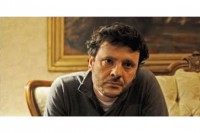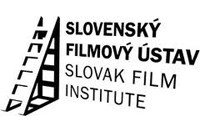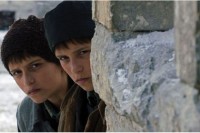The Latvian film industry has begun a process of revival after hitting a low point in 2008 when Latvian economy was one of the hardest hit in the 2008 financial crisis.
Estonia established an Estonian Film Industry Cluster in late 2012 with the support of over 20 leading production companies and organisations, followed by the launch of the Estonian Film Commission at the end of 2012, while funding for film rose by 1m EUR, following three weaker years.
Romania continued to garner international acclaim for domestic production despite a gap in funding, which is likely to affect the quantity of Romanian films coming onto the market in the coming year.
The Lithuanian Film Centre and the Estonian Film Institute will become individual members of European Film Promotion.
The Slovak Film Institute is celebrating its 50th anniversary with a special collection of Slovak archive documentaries available for the first time online, at DAFilms.cz.
UPC Romania launches HBO GO – over 1500 hours of premium entertainment available on all devices
Press releases 16-12-2013Bucharest, December 16, 2013 – Starting December 13, UPC subscribers in Romania can now enjoy over 1500 hours of HBO premium content from HBO Romania (HBO TV series, HBO original productions, films, documentaries and special programming), on PC, smart TV, laptop, tablets or smartphones.
The launch of the new Hungarian National Film Fund saw the first results of its funding in 2013, ending a long drought in Hungarian film production. Foreign film production continued to be a strong presence in Hungary.
Slovenia’s film production has remained fairly stable, despite the 2012 recession and government budget cuts as well astax increases in 2013 as the government scrambled to prop up its mostly state-owned banks. But the distribution and exhibition sectors are challenged by falling attendance and late digitalisation of screens.
Croatia is seeing a boom in domestic and international production. Local films are becoming box office hits, and a film cash rebate introduced in 2012 is expected to reap even bigger rewards following the country’s admission to the EU in mid-2013.
The opening of the Lithuanian Film Centre in 2012 reaped its first fruits in 2013, despite limited public funding available for domestic production.




























